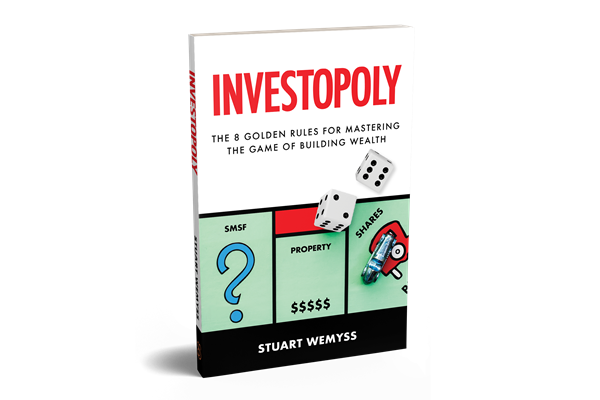The Reserve Bank of Australia expects a stronger economy this year and the next compared to 2017, according to its latest Statement on Monetary Policy.
In particular, employment is expected to grow a little faster than the working-age population and the unemployment rate is expected to decline gradually, to 5.25%. And with this rosy outlook comes more investment opportunities for Australians.
For example, the bank specifically mentioned a “strong” pick-up in non-mining investment last year, led by strong growth in non-residential construction. “The pipeline of non-residential construction work yet to be done and the first read of investment intentions from the Australian Bureau of Statistics (ABS) capital expenditure (Capex) survey for 2018-2019 suggest non-mining business investment will remain solid over the coming year,” the central bank added.
While a lot of people say they should be doing more investment-wise, it’s a different challenge all together in identifying where they should begin. For financial industry veteran Stuart Wemyss, some prospective investors can be totally confused about which is best for them. The myriad of options include contributing more into a super, investing in property, investing in the share market, repaying the home loan or something completely different.
This conundrum is precisely what drove him to write his new book, “Investopoly: The 8 Golden Rules for Mastering the Game of Building Wealth.” Wemyss had a lot to draw from, owing to his experience as a chartered accountant, independent financial advisor, and mortgage broker.

“After talking to a new client for an hour or so and learning more about their current financial situation, possible changes in the future and their goals, 9 times out of 10 it becomes very clear to me what action they should take. This is because I apply the same fundamentally sound principals and framework that I have developed and refined over the past 20 years. I wanted to share this with people,” Wemyss told YIP.
Wemyss solidified this framework into eight rules in his book, which to help people answer the question: “What should I invest in next to ensure I fulfil my financial and lifestyle goals?”
According to Wemyss, it’s important for Australians to get the right education, knowledge, and experience to avoid financial mistakes. “I think less than 1% of financial mistakes are caused because of random bad luck. Most mistakes are made because the investor did something that was not fundamentally sound – and therefore the mistake was inevitable or predictable.”
But more than that, he believes experience often trumps education in the financial world – and that’s why it’s important to confer with financial advisors. “Experience or wisdom tells us how to implement the knowledge we have acquired. Mistakes occur if you implement incorrectly or inappropriately. Therefore, you must learn from other people’s experiences and mistakes.”
Wemyss shared a few tips on how Australians can choose the right financial adviser. He suggested to look for professionals who:
1. Take no investment commissions, referral fees or kickbacks – This ensures they are impartial and have no personal stake in the advice outcome.
2. Offer fixed fees – They should not charge a percentage fee on your investments because this creates a conflict of interest as well.
3. Have no investments to sell you – Some businesses will have relationships with property developers and receive commissions from recommending properties to their clients – this is definitely not good.
4. Have businesses that are privately owned with an AFSL and with no links to banks or investment providers – AFSL holder can direct advisors on which products and investments they can and cannot discuss and recommend. If the AFSL owner is a bank, for example, the advisor might only be allowed to sell bank-owned products (or have a very narrow list of other products).
5. Demonstrate deep knowledge of all asset classes (especially property and shares) – The main asset classes in Australia are residential and commercial property, shares/equities, bonds, and cash. However, some financial planners have very little knowledge and experience with investing in residential property.
Related stories:
Perth Sees Rise In First Time Homebuyers – REIWA
Two State Capitals Place In Top 10 "Prime Global Cities"
